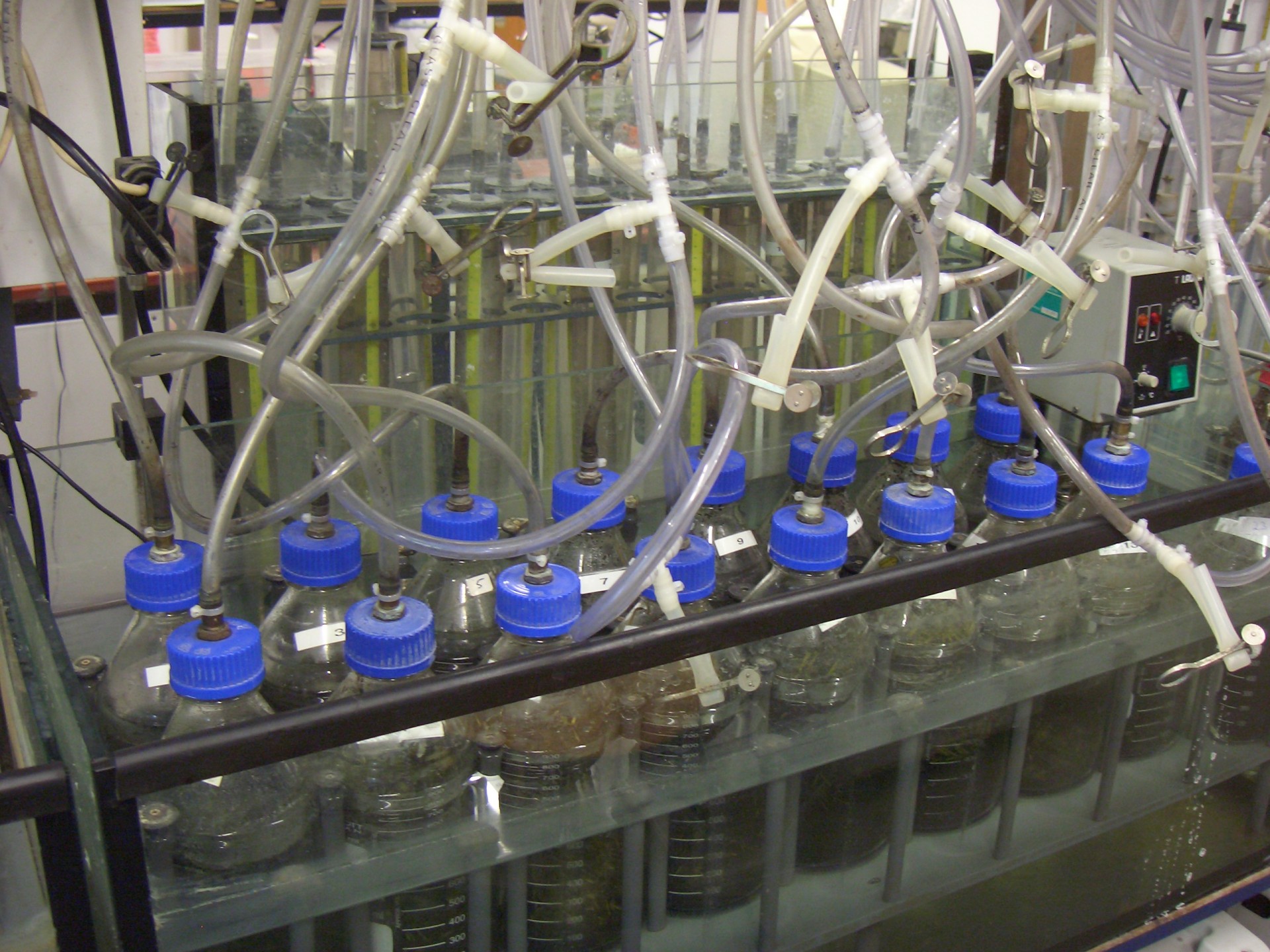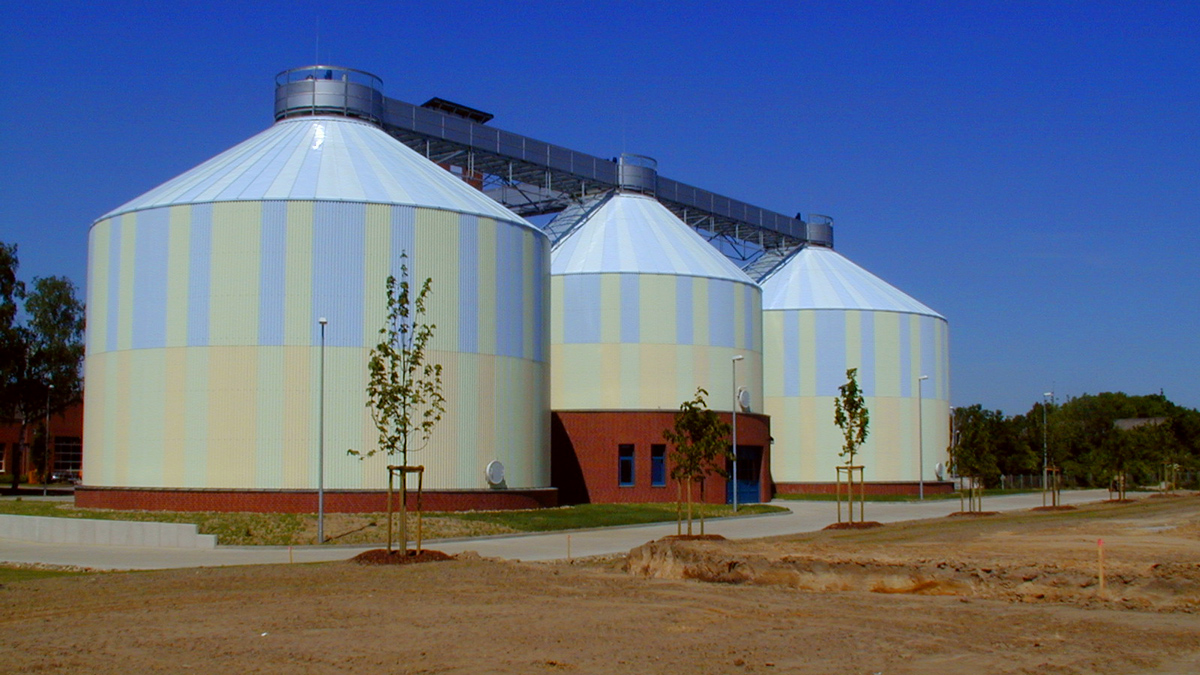Optimisation of Energy and Nutrient Recovery in Wastewater Treatment Schemes
The European “Energy Package” aims at reducing the carbon emission while increasing the share of renewable energy in the grid mix and reducing the overall energy demand. Reduction target of 20% up to 40% by 2020 on 1990 level is considered throughout all industrial sectors. For urban water schemes, wastewater treatment is identified as the activity with highest potential regarding energy saving. In particular, the sanitation concept implemented in the city of Braunschweig has showed to be energy neutral when considering the biogas delivered by a neighbouring landfill and fermentation plant covering about 30% of the energy demand.
The goal of the 2-year project CoDiGreen is to investigate options to optimise the energy efficiency of the wastewater systems in Berlin and in Braunschweig and to reduce their energy dependency to external energy sources. The following activities will be performed:
Perform energy balance and environmental assessment of one the sludge treatment in Wassmansdorf WWTP (Berlin), and the wastewater scheme of Braunschweig using a LCA method, and identify options (optimisation scenarios) to reduce the energy dependency of the systems.
Perform with one digester of Braunschweig full-scale trials to assess the performance of co-digestion of energetic grass grown on old infiltration fields.
Perform laboratory assessment and assess performances of thermal disintegration of secondary sludge before digestion.
Identify relevant optimisation options for Braunschweig with a seasonal mass balance model (H2O, C, N, P) coupled with LCA analysis (see 1.)
Initiate an environmental and health risk analysis of the sanitation scheme in Braunschweig (with extensive reuse of treated water and sludge)


- Risk assessment of the wastewater-reuse strategy of Braunschweig concerning impacts on the environment and human health
- Evaluation and optimisation of the environmental footprint of the Braunschweig sanitation concept with Life Cycle Assessment
- Sustainable sewage treatment plant of the future: Identifying global warming and energy optimization potentials with Life Cycle Assessment
- LCA study of sludge treatment line in WWTP Berlin-Waßmannsdorf: Final report of project CoDiGreen work package 2
- LCA study of Braunschweig wastewater scheme: Final report of project CoDiGreen work package 2




